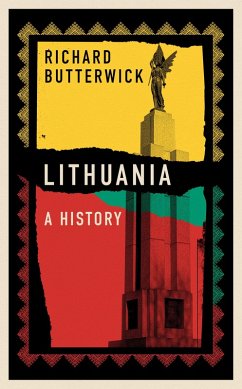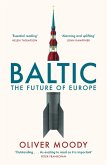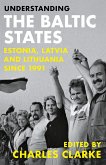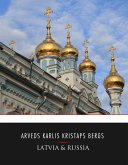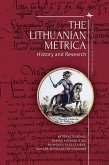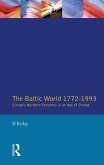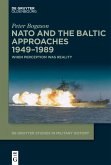Lithuania is often portrayed as a small nation- state that has survived against the odds of history: together with Estonia and Latvia, it won independence at the end of the First World War, lost it to the Soviet Union in 193940, regained it in 19901, and joined NATO and the EU in 2004, angering the Kremlin. But Lithuania's rich and complex history stretches back much further than these events, and much further than many realise.
In the fourteenth century, Europe's last pagan dynasty ruled a vast empire stretching from forests on the Baltic shores to the steppes north of the Black Sea. Forging a remarkable, liberty-based union with the Kingdom of Poland, for 400 years the Grand Duchy of Lithuania blocked Moscow's pretensions to rule all of Rus', particularly Belarus and Ukraine. Yet it was in competition with Poles, and under Russian imperial rule, that the modern ethnic Lithuanian nation emerged in the nineteenth century.
This is a lively and accessible history of a fascinating country that was once much larger than it is today; a land where, for centuries, peoples and communitiesincluding Belarusians, Ukrainians, Germans, Poles, Russians, Jews, Karaites and Tatarslived together in concord and discord.
Dieser Download kann aus rechtlichen Gründen nur mit Rechnungsadresse in A, D ausgeliefert werden.

